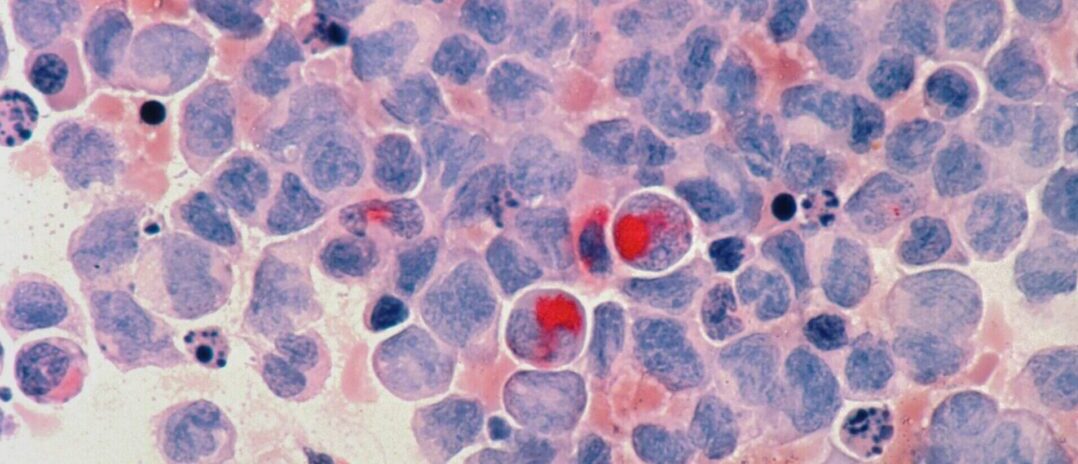Understanding Cancer Markers: What are They and Why are They Important?

Cancer is a complex and multifaceted disease that can affect various parts of the body. It can be caused by a wide range of factors such as genetic mutations, environmental exposures, and lifestyle choices. Cancer markers, also known as tumor markers or biomarkers, are substances produced by cancer cells or normal cells in response to cancer.
These markers can be found in blood, urine, and other bodily fluids and can be measured to help diagnose cancer, monitor its progression, and determine the effectiveness of treatment. In this blog, we will explore what cancer markers are, how they work, and why they are important in the fight against cancer.
What are Cancer Markers?
Cancer markers are substances that are produced by cancer cells or normal cells in response to cancer. They can be proteins, hormones, enzymes, or other molecules that are released into the bloodstream or other bodily fluids. The presence of these markers can indicate the presence of cancer or provide information about the stage and severity of the disease.
Cancer markers are used in a variety of ways in the diagnosis and management of cancer. They can be used to:
- Screen for cancer in people who are at high risk
- Diagnose cancer in people who have symptoms
- Monitor the progression of cancer
- Determine the effectiveness of treatment
- Detect cancer recurrence
There are many different types of cancer markers, and each one is specific to a particular type of cancer. Some cancer markers are more useful than others, and some are more specific and sensitive than others. Some examples of cancer markers include:
- Prostate-specific antigen (PSA) for prostate cancer
- CA-125 for ovarian cancer
- CEA for colorectal cancer
- HER2/neu for breast cancer
- AFP for liver cancer
- HCG for testicular cancer
- How do Cancer Markers Work?
Cancer markers work by providing information about the presence of cancer or the status of the disease. When cancer cells grow and divide, they produce substances that are not normally produced by healthy cells. These substances can be detected in the bloodstream or other bodily fluids and can indicate the presence of cancer.
Cancer markers can also provide information about the stage and severity of the disease. For example, if the level of a cancer marker is high, it may indicate that the cancer is advanced and has spread to other parts of the body.
These markers can also be used to monitor the progression of cancer and the effectiveness of treatment. If the level of a cancer marker decreases after treatment, it may indicate that the treatment is working. If the level of a cancer marker increases, it may indicate that the cancer is not responding to treatment.
Why are Cancer Markers Important?
Cancer markers are important in the fight against cancer because they provide valuable information that can help diagnose cancer, monitor its progression, and determine the effectiveness of treatment. They can also be used to detect cancer recurrence.
These are particularly useful in the early detection of cancer. Many types of cancer do not cause symptoms in the early stages, and screening tests such as mammograms and colonoscopies can be invasive and uncomfortable. Cancer markers, on the other hand, can be detected with a simple blood test.
These markers can also be used to monitor the effectiveness of treatment. If the level of a cancer marker decreases after treatment, it may indicate that the treatment is working. If the level of a cancer marker increases, it may indicate that the cancer is not responding to treatment, and the treatment plan may need to be changed.
However, it is important to note that cancer markers are not always accurate. Some markers can be elevated in non-cancerous conditions, and some people with cancer may not have elevated levels of these markers. Therefore, they should not be used as the sole method of diagnosis or treatment decision-making, and they should always be used in conjunction with other diagnostic tests and medical evaluations.
In addition to their diagnostic and monitoring capabilities, these markers are also important in cancer research. Scientists use these markers to develop new treatments and to gain a better understanding of the biology of cancer. By studying it researchers can identify new targets for drug development and can develop more personalized and effective treatments.
However, while it have the potential to revolutionize cancer diagnosis and treatment, they are not a cure-all. Cancer is a complex disease that can present in a variety of ways, and there is no single marker that can diagnose or treat all types of cancer. Moreover, many cancers are resistant to current treatments, and new treatments are needed to improve outcomes for cancer patients.
In conclusion, cancer markers are important tools in the fight against cancer. They can provide valuable information about the presence and progression of cancer, and can be used to monitor the effectiveness of treatment. However, they should be used in conjunction with other diagnostic tests and medical evaluations, and their limitations should be understood. By combining the use of cancer markers with other diagnostic and therapeutic approaches, we can improve the detection and treatment of cancer, and ultimately improve outcomes for cancer patients.
